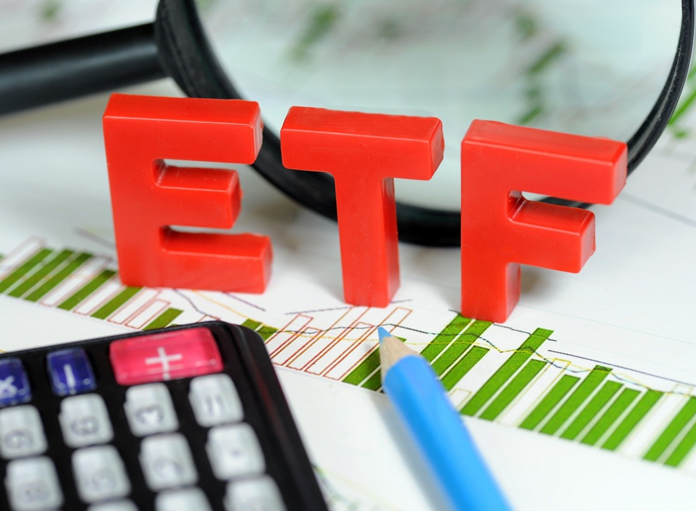
Exchange-Traded Funds (ETFs)
Exchange-Traded Funds (ETFs) are investment funds that are traded on stock exchanges, much like individual stocks. An ETF holds a collection of assets such as stocks, bonds, commodities, or other securities and aims to replicate the performance of a specific index, sector, commodity, or asset class.
Key Features of ETFs:
- Traded Like Stocks: ETFs can be bought and sold on stock exchanges throughout the trading day at market prices.
- Diversification: By investing in a single ETF, you gain exposure to a wide variety of assets, reducing overall risk.
- Passive Management: Most ETFs track an index (e.g., Nifty 50, Sensex), meaning they are not actively managed, which results in lower management fees.
- Transparency: ETFs disclose their holdings daily, offering investors clear insight into the assets they own.
- Liquidity: Since ETFs trade on stock exchanges, they are relatively liquid and can be bought or sold during market hours.
Types of ETFs:
- Equity ETFs: Track stock market indices like Nifty 50 or S&P 500.
- Bond ETFs: Invest in fixed-income securities such as government or corporate bonds.
- Commodity ETFs: Invest in commodities like gold, silver, or crude oil (e.g., Gold ETFs).
- Sector/Industry ETFs: Focus on specific sectors like technology, healthcare, or banking.
- International ETFs: Provide exposure to global markets by tracking indices from other countries.
- Thematic ETFs: Focus on investment themes, such as renewable energy or artificial intelligence.
Advantages of ETFs:
- Cost-Effective: Lower expense ratios compared to mutual funds due to passive management.
- Flexibility: Can be traded throughout the day at real-time prices.
- Diversification: Spread investments across a range of assets, reducing risk.
- Transparency: Clear understanding of underlying holdings and their value.
- Accessibility: Allows small investments for exposure to diversified portfolios.
How ETFs Work:
- An ETF provider designs a fund to track the performance of a specific index, commodity, or sector.
- The provider buys the assets and issues shares that are traded on the stock exchange.
- Investors can buy or sell ETF shares through brokers, similar to trading stocks.
Who Should Invest in ETFs?
- Beginners: ETFs are simple and provide instant diversification.
- Cost-Conscious Investors: Lower fees make them attractive for long-term investments.
- Market Participants: Those looking to trade during the day can benefit from ETF liquidity.
- Diversification Seekers: Investors who want broad exposure to markets or sectors.
Examples of ETFs in India:
- Nifty 50 ETFs: Track the performance of the Nifty 50 index.
- Gold ETFs: Offer exposure to gold without needing physical storage.
- Bharat Bond ETFs: Focus on government bonds with varying maturities.
ETFs combine the features of mutual funds and stocks, making them a versatile and efficient investment option for a wide range of investors.
DISCLAIMER
© 2025 Big Banyan Financial (BBFIN) | Led by Mannu Sahni, Certified Financial Goal Planner.
Information provided is for general awareness and educational purposes only and does not constitute investment or insurance advice. Mutual Funds are subject to market risks; read scheme documents carefully before investing.
"AMFI registered Mutual Fund Distributor ARN No.153289" Mannu Sahni - Mutual Fund Distributor























